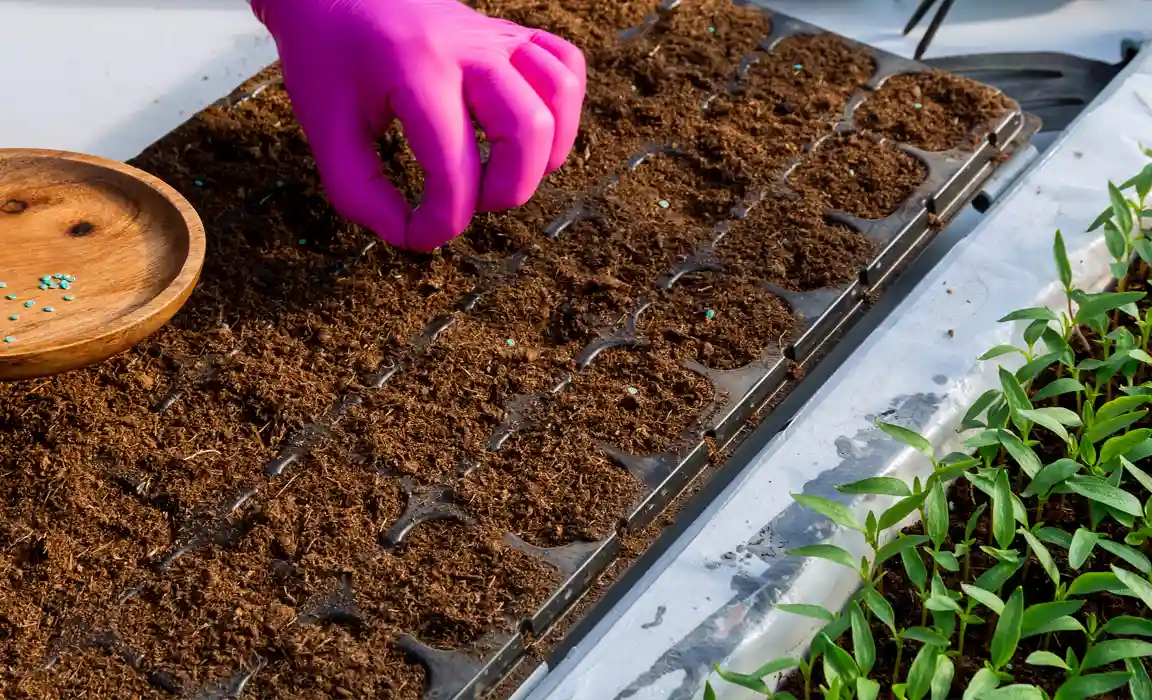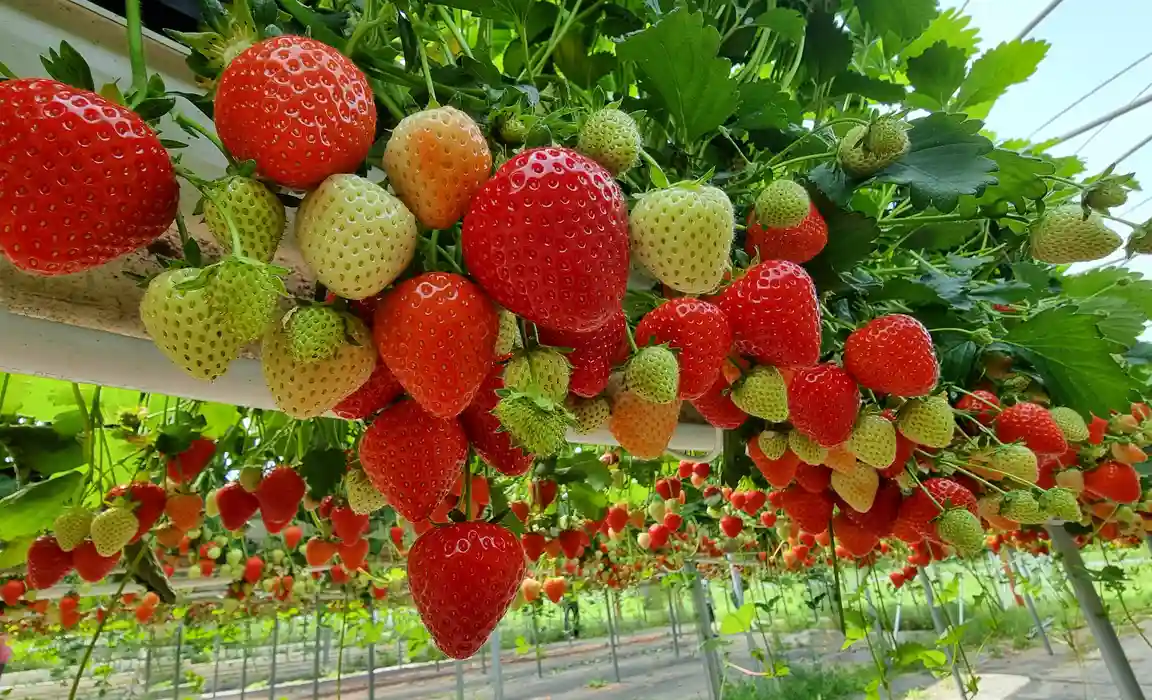Plants are essential to our ecosystems, providing oxygen, food, and countless resources. At the heart of their growth and overall health is the intricate relationship between soil and plant nutrients. For gardeners, farmers, and environmental enthusiasts, understanding essential nutrients for plant growth is crucial for fostering healthy plants.
The Role of Soil In Plant Growth
Soil is more than just dirt; it is a complex habitat filled with minerals, organic matter, organisms, and water. These components work together to support plant life. Healthy soil not only provides essential nutrients but also ensures proper drainage, aeration, and microbial activity, all of which are vital for robust plant growth.
Essential Nutrients for Plants
Plants absorb nutrients from the soil primarily through their roots. These nutrients are typically classified into three key groups: macronutrients, secondary nutrients, and micronutrients.
- Macronutrients: Required in larger quantities, these nutrients are essential for plant growth.
-
- Nitrogen (N): Vital for chlorophyll production, nitrogen boosts lush, green foliage and is critical during the vegetative stage.
- Phosphorus (P): This nutrient aids energy transfer within the plant, promoting root, flower, and fruit development. Phosphorus is especially important during flowering and fruiting.
- Potassium (K): Often referred to as the “regulator,” potassium plays a crucial role in enzyme activation, photosynthesis, and water regulation, while also enhancing disease resistance.
- Secondary Nutrients: These are required in moderate amounts.
-
- Calcium (Ca): Important for cell wall structure and root development, a calcium deficiency can lead to issues like blossom end rot in tomatoes.
- Magnesium (Mg): A key component of chlorophyll, magnesium is critical for photosynthesis and activates several plant enzymes.
- Sulfur (S): Necessary for the synthesis of amino acids, vitamins, and enzymes, sulfur also supports chlorophyll formation.
- Micronutrients: Needed in small amounts, these nutrients are equally essential for plant health.
-
- Iron (Fe): Crucial for chlorophyll synthesis and functioning in various enzyme reactions, iron deficiency can lead to yellowing in younger leaves, a condition known as chlorosis.
- Manganese (Mn): This nutrient plays a role in photosynthesis, respiration, and nitrogen process. Manganese deficiency can also lead to symptoms similar to those of iron deficiency.
- Zinc (Zn): Essential for DNA synthesis and overall plant growth, zinc also regulates plant hormones. A deficiency can cause stunted growth and delayed maturity.
- Copper (Cu), Boron (B), and Molybdenum (Mo): These micronutrients play various roles in plant health, from aiding in root development to influencing flowering and fruit set.
Soil Testing: The First Step
Before adding nutrients to your soil, it’s essential to conduct a soil test. This test will reveal the pH level and nutrient composition of your soil, enabling you to determine what is lacking. Understanding your soil is crucial for tailoring your nutrient management approach.
Improving Soil Nutrient Content
Enhancing the nutrient content in your soil involves several strategies:
- Organic Matter: Incorporating organic materials like compost and crop residues improves soil structure, boosts nutrient-holding capacity, and promotes beneficial microbial activity.
- Crop Rotation and Cover Cropping: These practices prevent nutrient depletion, improve soil health, and enhance biodiversity. For instance, legumes can fix atmospheric nitrogen, enriching the soil for future crops.
- Mulching: Organic mulches decompose over time, gradually adding nutrients to the soil while helping to retain moisture and suppress weeds.
- Fertilization: If If soil tests indicate deficiencies, consider using organic fertilizers like Biomin Starter and AquaPower. Selecting the right fertilizers according to your plants’ needs and soil test results is crucial for optimal growth.
Consider using inoculated biochar, a ready-to-use soil amendment that combines soil conditioners, beneficial microbes, and organic fertilizers. This all-in-one solution not only enhances soil health but also helps you save money on fertilizers.
Conclusion
The journey from seedling to flourishing plant relies on the intricate bond between soil and essential nutrients. By understanding the nutrients plants need and how they interact with the soil ecosystem, gardeners and farmers can nurture healthy, vibrant plants. Regular soil testing, the addition of organic matter, and mindful fertilization practices will help ensure that plants receive the best possible start for successful growth.
Healthy plants contribute to our well-being and the environment. With a little knowledge and effort, we can nurture our soil and, in turn, feed the plants that sustain us. Happy gardening!





